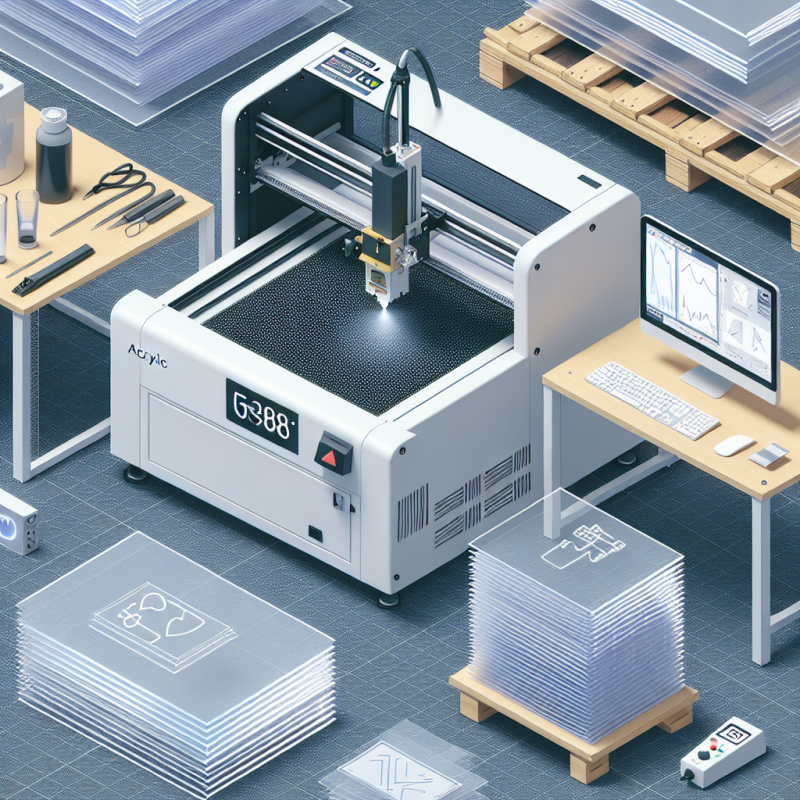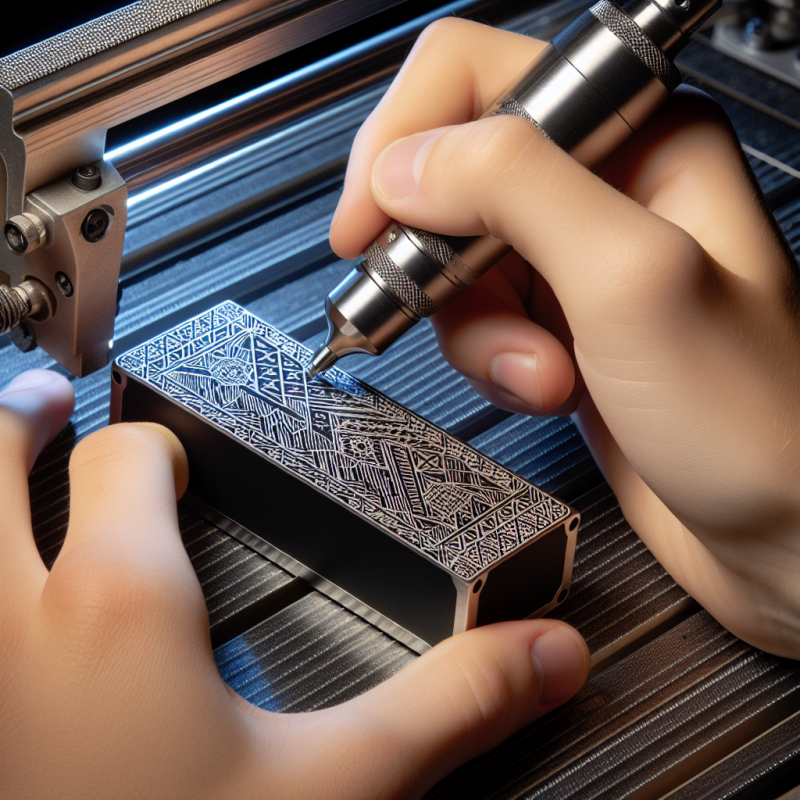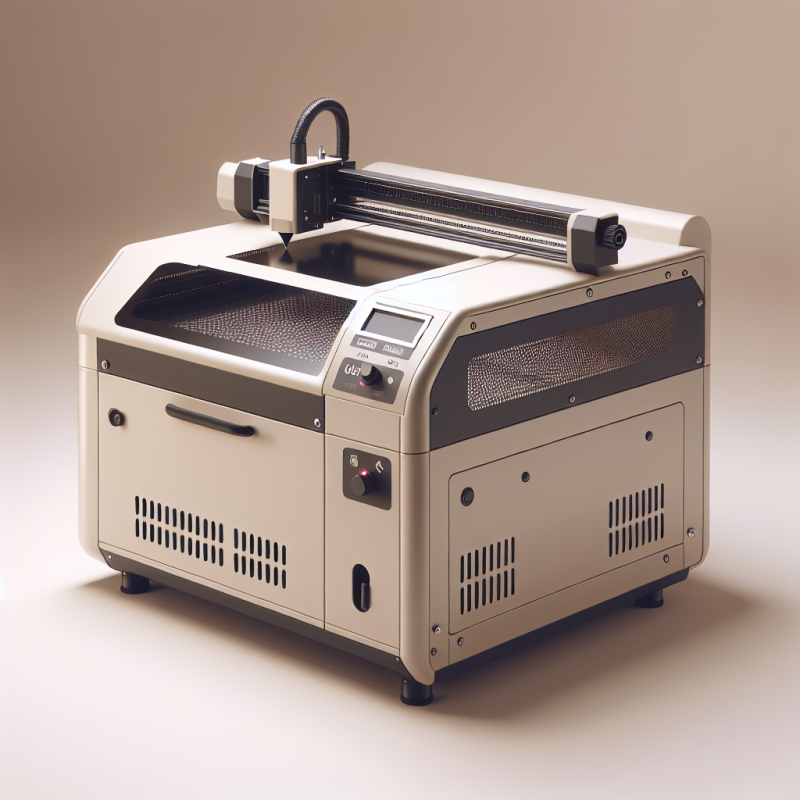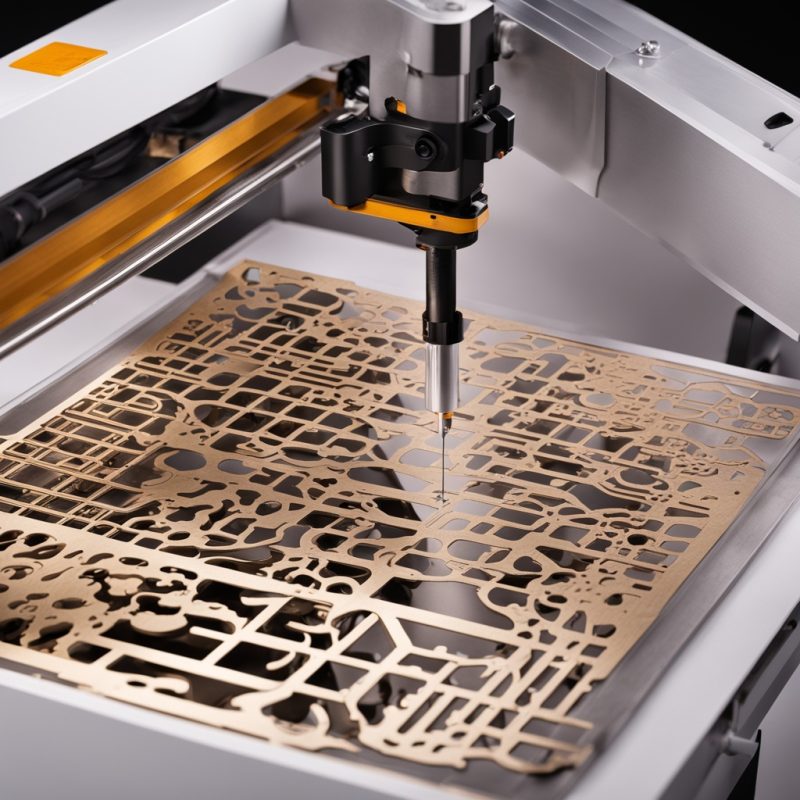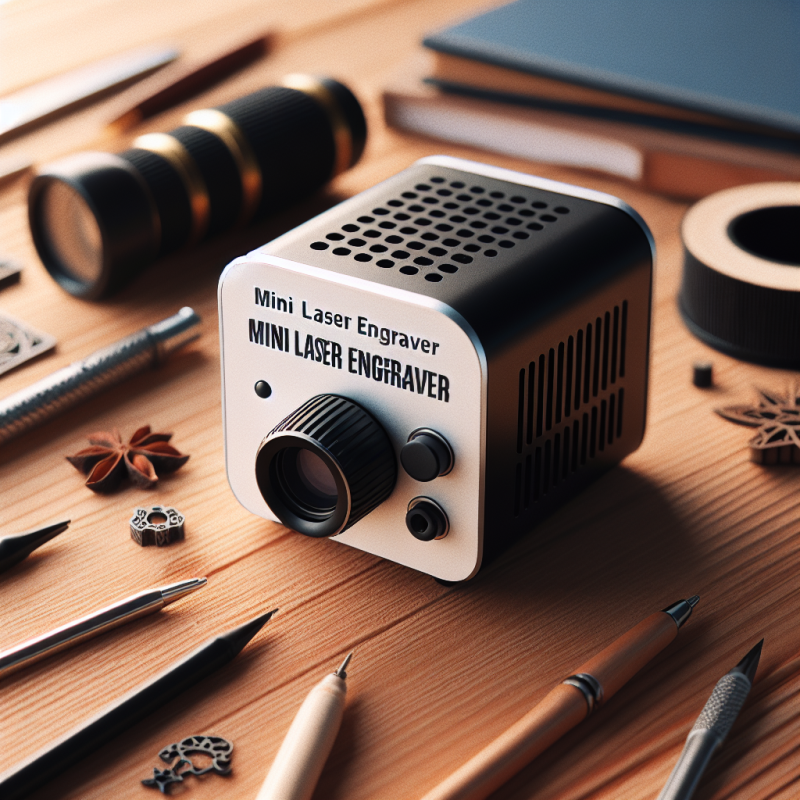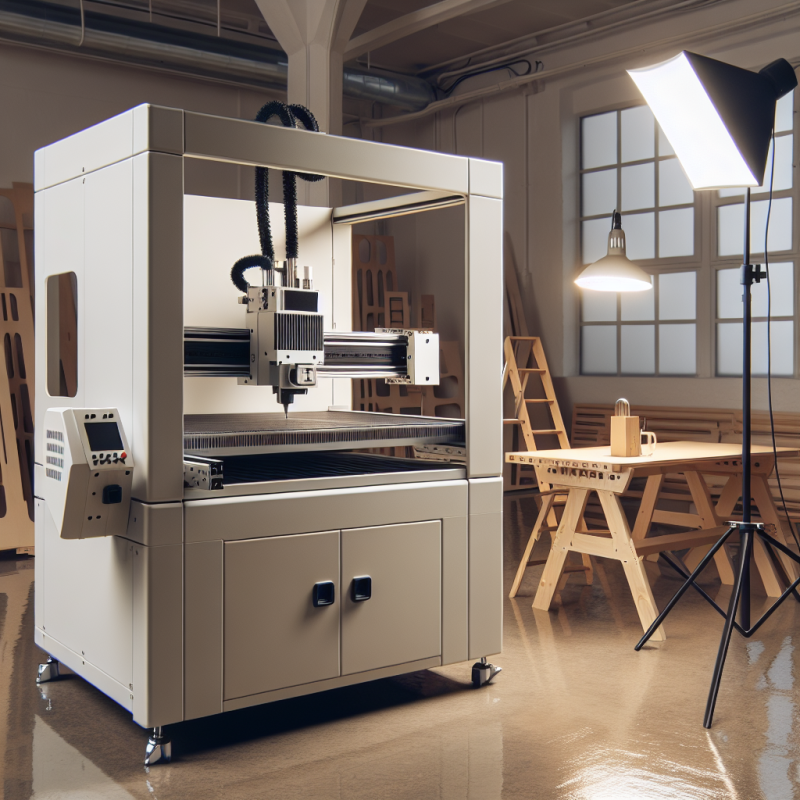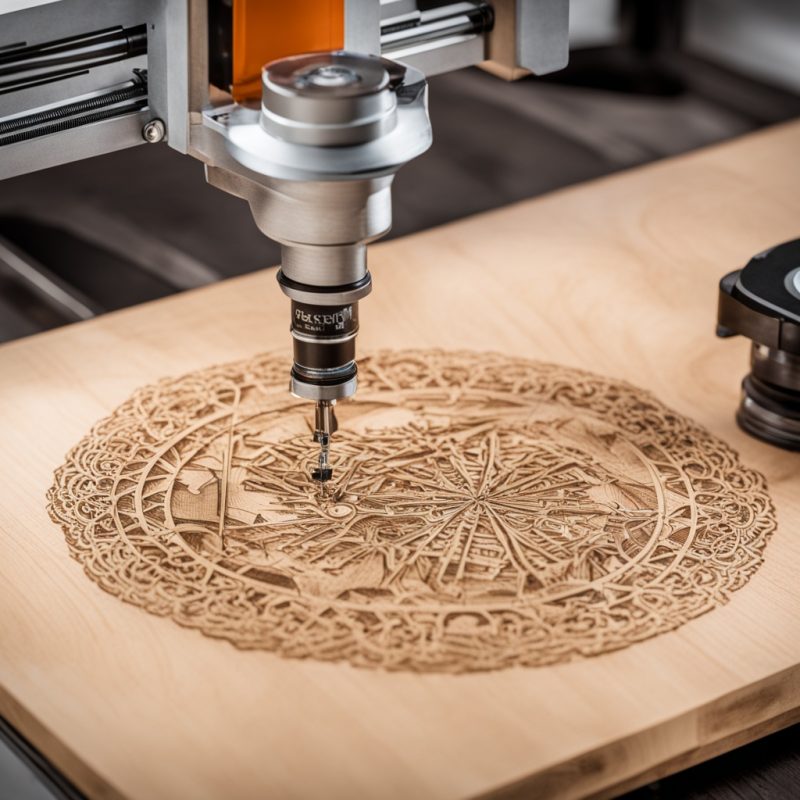The Ultimate Guide to Laser Cutter Machines for Metal: Precision Cutting Made Easy
Are you interested in precision cutting for metal projects? If so, a laser cutter machine for metal might be the perfect tool for you. These machines have revolutionized the way we work with metals, offering unparalleled accuracy and efficiency. Whether you’re a hobbyist, artist, or professional, understanding how these machines operate and their benefits can help you decide if one is right for your needs. Let’s dive into everything you need to know about laser cutter machines for metal.
How Does a Laser Cutter Machine Work?
A laser cutter machine uses a focused beam of light to cut through materials, including metal. The process involves directing the laser beam at high speeds across the surface of the material, melting or vaporizing it to create precise cuts. For metals like steel and aluminum, **CO2 lasers** are commonly used due to their ability to handle thick materials effectively. These machines operate under a closed-loop system, ensuring consistent power delivery and accuracy.
One of the key advantages of using a laser cutter machine for metal is its ability to work with various thicknesses of metal sheets. However, it’s important to note that thicker materials require higher-powered lasers, which can affect cutting speed. Safety is also paramount when operating these machines; always ensure proper ventilation and wear protective gear to avoid exposure to harmful fumes and debris.
Key Features of Laser Cutter Machines for Metal
When selecting a laser cutter machine for metal, several features should be considered:
- Laser Power: Higher wattage lasers are better suited for thicker metals but may come at a higher cost.
- Cutting Speed: Faster machines can handle larger projects more efficiently.
- Software Compatibility: Advanced software allows for intricate designs and automated cutting patterns.
Many modern laser cutter machines also include features like **auto-focus** to maintain precision and **adjustable nozzles** for different materials. These enhancements ensure that your cuts are not only precise but also consistent across the board.
Benefits of Using a Laser Cutter Machine for Metal
The benefits of using a laser cutter machine for metal are numerous:
- Efficiency: The ability to cut through metal quickly reduces project timelines.
- Precision: Achieve intricate designs and clean edges that are difficult with traditional tools.
- Versatility: Suitable for both small-scale projects and large industrial applications.
Moreover, laser cutting is often more cost-effective in the long run due to reduced material waste. The machine’s ability to handle a wide range of metals also makes it a versatile addition to any workshop.
Applications of Laser Cutter Machines for Metal
Laser cutter machines are used across various industries:
- Industrial Manufacturing: Cutting components for machinery and automotive parts.
- Aerospace: Creating lightweight, precision parts for aircraft.
- Artistic Creations: Engraving intricate designs on jewelry or metal art pieces.
These machines are also popular among hobbyists who enjoy creating custom metalwork in the comfort of their homes. The ability to create complex patterns and shapes opens up a world of possibilities for both professionals and enthusiasts alike.
Selecting the Right Laser Cutter Machine for Your Needs
Choosing the right laser cutter machine involves considering several factors:
- Budget: Determine how much you’re willing to invest, as prices vary widely based on features and power.
- Material Thickness: Decide on the maximum thickness of metal you’ll be cutting regularly.
- Workpiece Size: Ensure the machine can accommodate the size of your projects.
It’s also wise to consider the availability of replacement parts and customer support. Investing in a reliable brand with good after-sales service can save you time and money in the long run.
Maintenance Tips for Your Laser Cutter Machine
To keep your laser cutter machine running smoothly, follow these tips:
- Clean Regularly: Dust and debris can accumulate on optics and affect performance. Clean them as recommended by the manufacturer.
- Check Airflow: Ensure proper airflow to prevent overheating and maintain consistent laser output.
- Monitor Wear Parts: Replace nozzles, lenses, and other wear parts promptly when they show signs of wear.
Regular maintenance not only extends the life of your machine but also ensures that it continues to deliver high-quality cuts over time.
Frequently Asked Questions About Laser Cutter Machines for Metal
Q: Can laser cutter machines cut through all types of metal?
A: While most can handle common metals like steel and aluminum, some may not be suitable for highly reflective or conductive materials. Always check the machine’s specifications before purchasing.
Q: How much power is needed to operate a laser cutter machine?
A: Power requirements vary depending on the machine’s size and output. Ensure your electrical setup can handle the required load safely.
Q: What are the costs involved in using a laser cutter machine?
A: Costs include initial purchase, electricity for operation, and ongoing maintenance. Over time, these costs can be offset by increased productivity and reduced material waste.
Conclusion
Laser cutter machines for metal offer a powerful solution for precise and efficient cutting. Whether you’re working on a small-scale project or running a large manufacturing facility, the right machine can significantly enhance your capabilities. By understanding how these machines work, their features, and benefits, you can make an informed decision about whether to invest in one.
If you’re ready to take your metalworking projects to the next level, consider exploring the options available today. After all, precision and efficiency are just a laser cut away!


